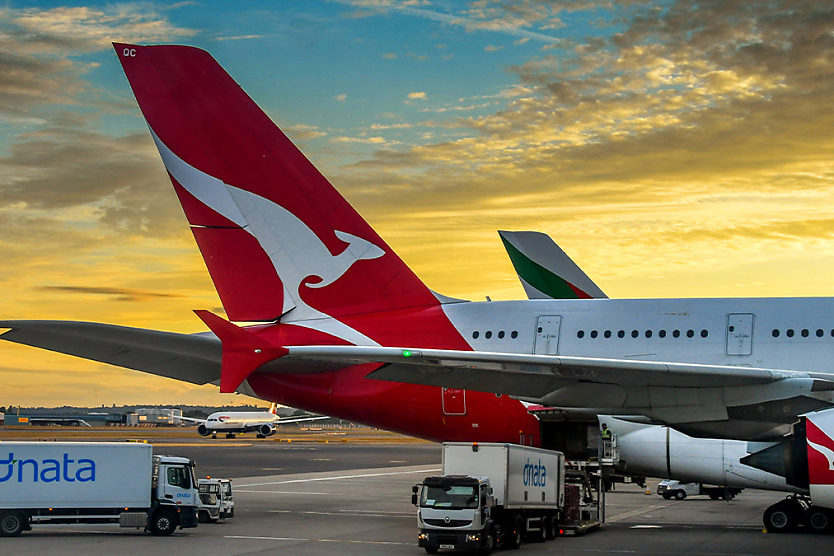Qantas pilots to fight beard ban
SHARE THIS ARTICLE

Pilots for the national carrier are set to take on the airline group’s ban on facial hair in the flight deck, saying beards do not impair pilot safety.
Editor’s note: This story first appeared on HR Leader sister brand Australian Aviation.
Both mainline Qantas pilots and Jetstar pilots are required to be clean-shaven on duty, with Qantas recently looking to extend this mandate to its regional arm, QantasLink; pilots, however, have criticised the move, which cited a study conducted for Qantas by consultancy firm QinetiQ.
In the QinetiQ report, which has been seen by Australian Aviation, the firm warned that facial hair may prevent a tight seal on pilot oxygen masks in an emergency.
The Australian and International Pilots Association, however, has rubbished the report, with the union’s president Andrew Marshall and its safety and technical director, Steven Cornell, noting that many of the Flying Kangaroo’s wet lease and codeshare partners allow their pilots to wear beards.
“Facial hair is now commonplace, and it appears inconsistent for Qantas Group to offer cabin crew modern flexibility in dress and grooming while enforcing outdated standards on pilots without scientific consensus,” the submission read, as reported by The Australian.
“This policy shift was an opportunity for the Qantas Group to demonstrate progress since the Joyce era. Instead, it risks further alienating frontline staff.
“If facial hair is deemed unacceptable on safety grounds, what does this imply for Qantas’ own passengers travelling on Oneworld or codeshare airlines whose pilots are permitted to wear facial hair – such as Cathay Pacific, Hawaiian Airlines, Qatar Airways, and British Airways?”
In its own submission to Qantas, the Australian Federation of Air Pilots union included a letter by Embry-Riddle Aeronautical University Professor John French, co-author of a study finding beards are safe for pilots, saying QinetiQ “provided a conclusion that they believed Qantas wanted to hear”.
“There are no peer-reviewed studies that show that beards impair the effectiveness of aviation masks in aviation conditions,” he wrote.
“The idea that beards impair the effectiveness of masks is well supported by OSHA tests for many years, but these tests are for respirators designed to keep nanogram levels of toxic substances outside of respirators for use in hazmat situations.
“Aviation masks are designed to keep oxygenated air in the masks. Our study further found that highly volatile substance (ammonia salts) were not perceptible (i.e. kept out of) the aviation masks but easily perceived without the masks. This suggests that larger particulate substances like smoke would be similarly kept out of masks.
“It is grossly unfair to compare the standards of OSHA regulated masks to aviation masks. The standards are designed to do different things in different situations. The FAA has no restrictions on facial hair. They only advise (without any evidence) that facial hair ‘could’ prevent aviation mask from sealing well enough to function in an emergency.”
According to Professor French, instead of seeking a “lofty and arguably biased opinion from QinetiQ, Qantas should have enlisted us to test their masks in any conditions they would like”.
“As more cases are won for individuals with religious and medical reasons for beards using the facts, not lofty opinions, other cases will begin to appear challenging restrictions on beards,” he wrote.
“Beards are becoming more accepted in society. In my opinion, Qantas should be proactive and allow beards. That way, they will have the opportunity to be a part of the changes that are coming.”
Qantas said it has recently wrapped up a consultation period on its plan to standardise facial hair requirements for pilots on flight deck duties and is currently reviewing the feedback.
